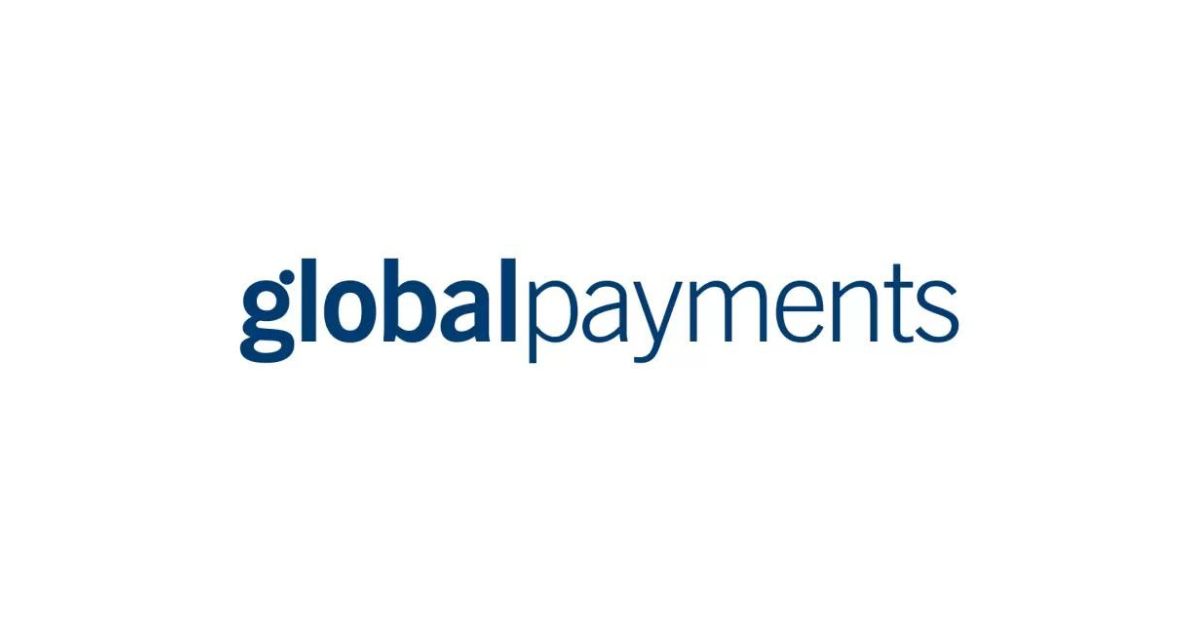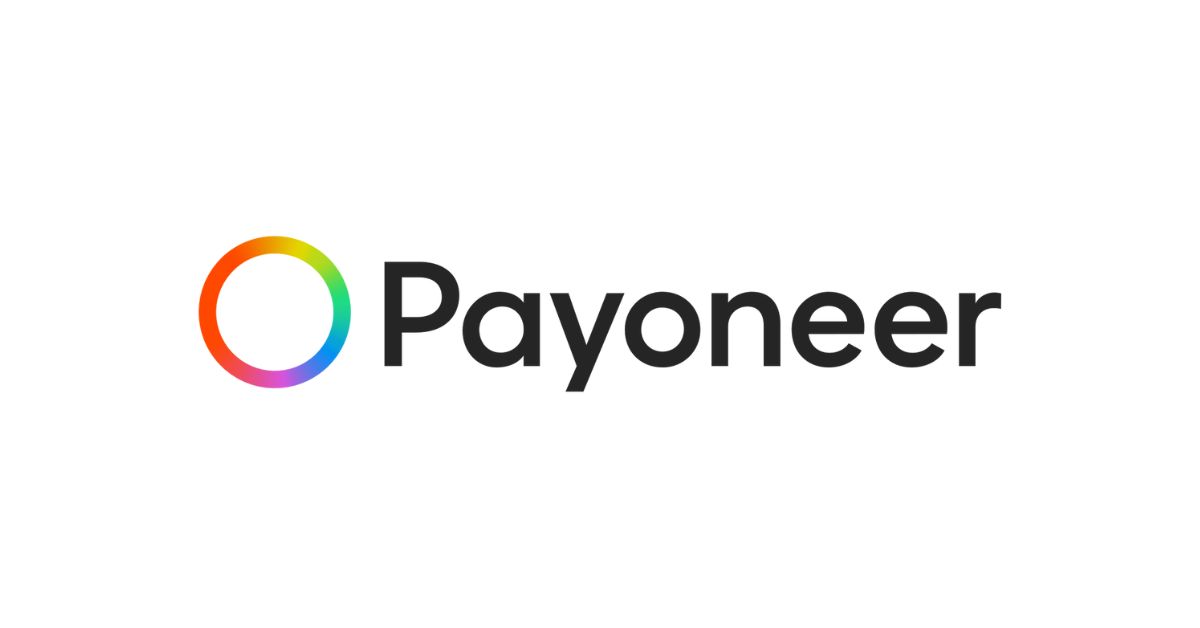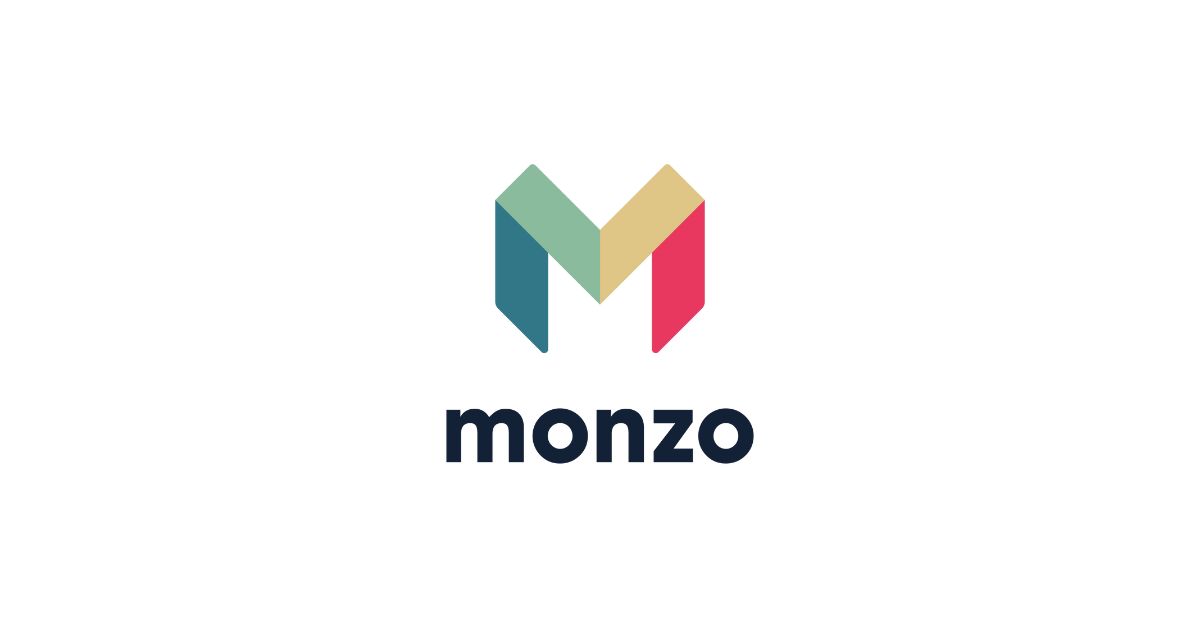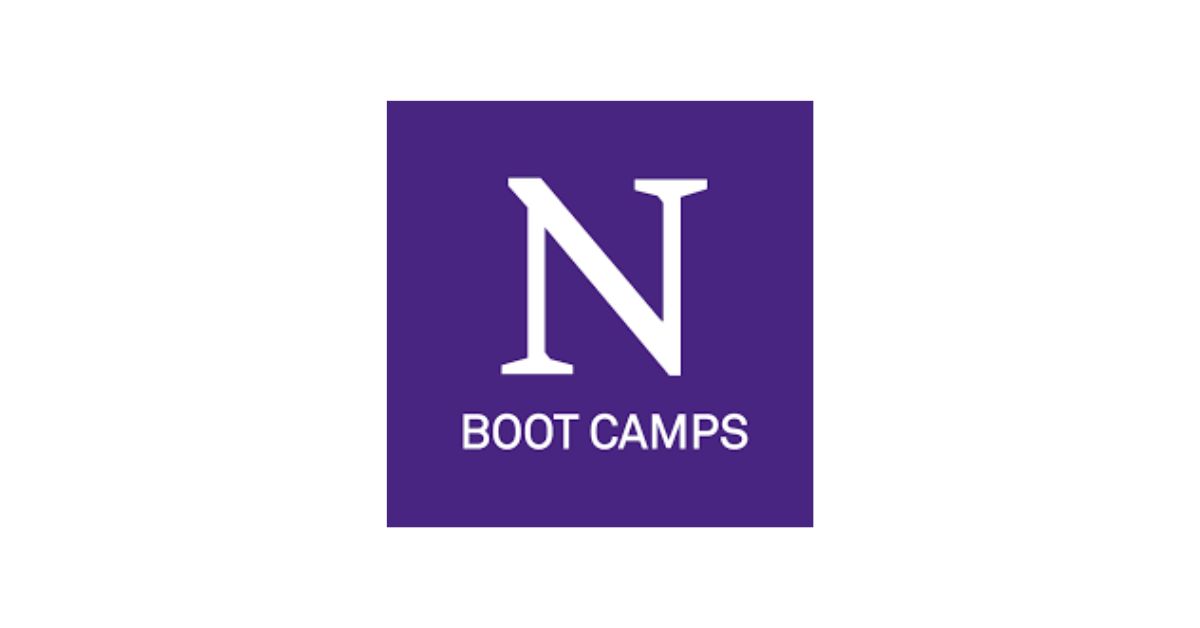When engaging in global business, choosing the right international payment platform is pivotal for smooth financial operations. The complexities of currency exchange rates, transfer fees, and the security of transactions can make navigating overseas payments daunting. Selecting a suitable platform can streamline processes, minimize costs, and ensure the security of your financial transactions. In the ever-expanding digital age, numerous options are available, each with varying features tailored to different business needs. Identifying which platform aligns with your specific requirements involves considering several critical factors.
Understanding the nuances of your business operations is the first step in selecting an international payment platform. It requires a clear analysis of transaction volumes, payment frequencies, and the diverse currencies you’ll be dealing with. Not all platforms support every currency, and the rates for conversion can significantly impact your bottom line. Furthermore, the nature of your business transactions—whether they are mainly online purchases or peer-to-peer transfers—will also dictate the functionality you should seek in a platform.
Key Considerations for Payment Platform Selection
One of the foremost considerations when choosing an international payment platform is the fee structure. Transaction fees, currency conversion charges, and potential hidden costs can add up quickly, thus affecting your overall financial efficiency. It’s crucial to compare these fees across various platforms to ensure you’re getting the best deal for your international transfers. Moreover, don’t overlook the transfer speed. In a global economy where timing is critical, the ability to promptly execute transactions can give a competitive edge to your business operations. Delays in payments can lead to a ripple effect of inefficiency across different business areas.
Another factor is the ease of use and integration capabilities of the platform. A user-friendly interface can reduce errors and save time, which is essential for businesses operating in multiple markets. Additionally, the integration of the platform with your existing accounting or enterprise resource planning systems is invaluable. This allows for streamlined bookkeeping and financial management. Lastly, one cannot stress enough the importance of robust security features. The platform should offer top-notch security protocols to safeguard sensitive financial information and prevent fraud—features such as two-factor authentication, encryption, and continuous monitoring are non-negotiable in a digital payment solution.
Customer Support and Market Reputation
While features and fees are significant, assessing the level of customer support provided by an international payment platform is yet another crucial component. Unexpected issues can arise, and having access to reliable customer service can be the difference between a minor inconvenience and a major transactional setback. Support should be accessible, ideally 24/7, and should offer assistance in multiple languages to cater to your international business needs. In addition, investigate the platform’s responsiveness to customer inquiries and their efficiency in resolving issues. This can often be determined by reading reviews and testimonials from current or past users.
Finally, consider the platform’s market reputation and regulatory compliance. The financial sector is heavily regulated, and your chosen platform must adhere to international standards and regulations to avoid legal ramifications and ensure trustworthiness. A platform with a solid reputation in the market signals reliability, stability, and a commitment to high-quality service. Dive into the history of the platform, assess their track record in handling transactions, and evaluate any recognition they have received within the industry. Such diligence will aid you in selecting a payment platform that is not only efficient but also enjoys the trust of the global business community.














